1. Louisville, Kentucky
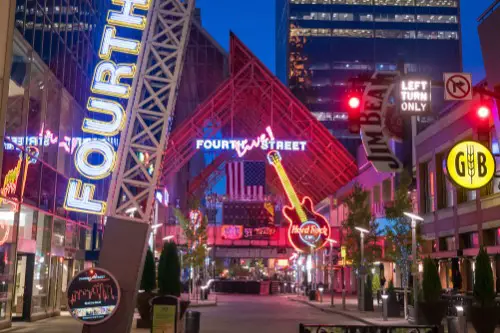
Let’s set the record straight: it’s not “Loo-ee-ville,” and definitely not “Lewis-ville,” Dave Spencer from WBKR explains. The correct way to say it is “LOO-uh-vuhl”—two quick syllables, almost mumbled. It sounds more like someone yawning than enunciating. But trust us, that’s exactly how the locals want it.
The name comes from King Louis XVI of France, but don’t let that throw you off. The French pronunciation didn’t quite survive the trip across the Atlantic. In Kentucky, it’s all about slurring it together smoothly. Trying to say every letter will get you strange looks—and mark you as an outsider.
2. Worcester, Massachusetts
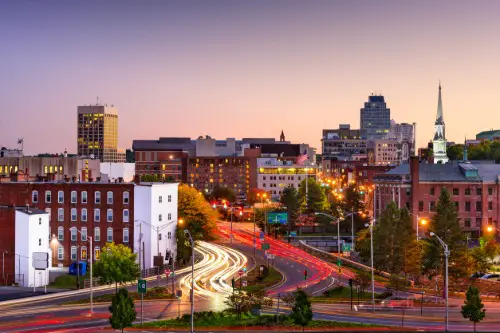
If you’re not from Massachusetts, odds are you’ve been tripped up by Worcester, according to Scott J. Croteau from MassLive. Most outsiders instinctively pronounce it “Wor-ces-ter,” but locals will quickly correct you: it’s “WUSS-ter.” The name is rooted in English heritage, borrowed from Worcester in the UK, which also drops syllables like it’s trying to win a contest. It’s become almost a rite of passage for newcomers to embarrass themselves before learning the right way.
The spelling-versus-sound mismatch is exactly what makes this one infamous. Worcester is the second-largest city in Massachusetts, but despite its size, the pronunciation still surprises people. The confusion is so universal, it’s often used as a joke in pop culture. Basically, say it wrong, and everyone will know you’re not from around here.
3. La Jolla, California
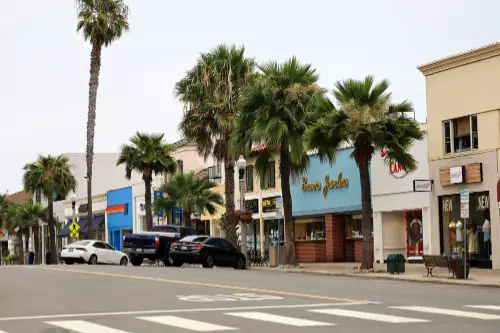
This sunny seaside neighborhood in San Diego is beautiful—but its name can be a real curveball, according to Ariel Zeitlin from Reader’s Digest. It looks like it should be pronounced “La-JOLL-a,” but it’s actually “La HOY-a.” The name comes from the Spanish word “la joya,” meaning “the jewel,” which makes sense given the area’s breathtaking views. But unless you speak Spanish or grew up in SoCal, the spelling can definitely throw you.
Many tourists butcher this one on their first visit, especially because the “ll” in Spanish can sound like a “y.” It doesn’t help that the spelling doesn’t quite match standard Spanish either. Locals are used to the mispronunciation, but they’ll appreciate it if you get it right. Just remember: it’s fancy, it’s coastal, and it sounds way smoother than it looks.
4. Puyallup, Washington
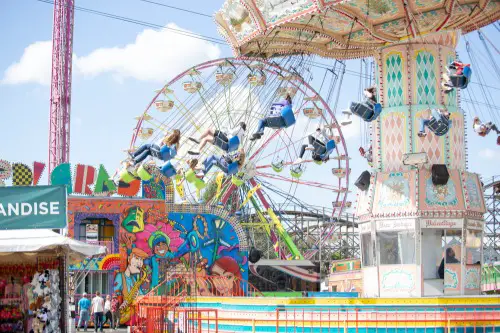
Nestled in the Pacific Northwest, Puyallup is a charming city with a name that makes outsiders sweat, according to Allison Williams from Seattle Met. Despite its jumble of letters, it’s pronounced “pew-AL-up.” The name is derived from a local Native American tribe and carries a deep cultural history. But if you go by phonics alone, you’re going to land miles off.
This one’s a classic test for newcomers to Washington state. Locals will nod in sympathy if you mess it up—but only once. It shows respect to learn how to say it right, especially given its tribal roots. Plus, it’s kind of fun to say once you get it down.
5. Boise, Idaho
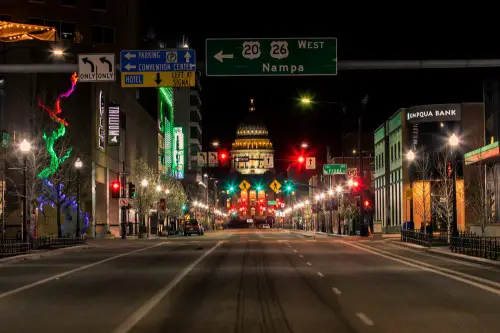
You might think you’ve got this one nailed—how hard could it be? But a lot of people wrongly pronounce it “Boy-zee” when locals will gently (or not-so-gently) insist it’s “Boy-see.” That “s” sound should be soft, like a whisper, not a buzzing “z.” It’s a subtle difference, but to Idahoans, it matters, Samantha Wright from Boise State Public Radio News explains.
The name comes from the French word for “wooded,” and early French trappers used it to describe the tree-lined river valley. Boise is the capital and most populous city in Idaho, so it comes up often—and so do the mispronunciations. Say it wrong, and you might get a side-eye from someone who’s lived there long enough. Say it right, and you’ll fit in like a local.
6. Des Moines, Iowa
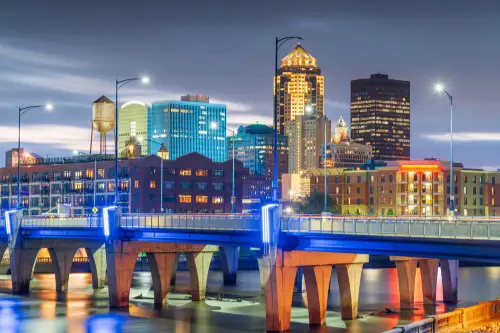
Des Moines looks French because it is—but many visitors still try to pronounce that “s” at the end. Locals will tell you, gently or otherwise, that it’s “duh-MOIN,” not “dez-MOY-nez.” The name means “of the monks,” a nod to early French settlers and missionaries. But the city has dropped most of its French flair in day-to-day speech.
The pronunciation is so entrenched that saying it wrong can stop a conversation. Even if you’re just passing through, it’s worth getting this one right. It’s the capital of Iowa and a major political hotspot during election seasons, so you’ll hear the name a lot. Just remember: one syllable at the end, and no “s” sound, ever.
7. Spokane, Washington
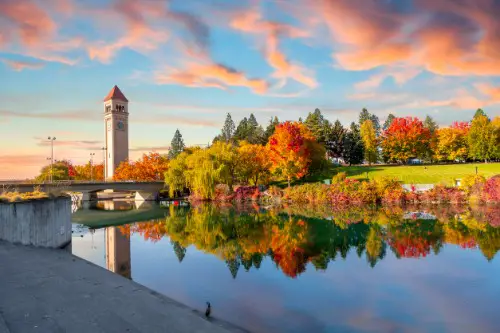
This is another Pacific Northwest gem that trips up outsiders all the time. It’s not “Spo-KANE,” as many assume—it’s “Spo-CAN,” like “yes we can.” The extra “e” on the end might look fancy, but it’s silent. Locals are quick to correct it, often with a chuckle.
Spokane is named after the Spokane tribe, and it’s a point of pride to say it properly. Pronouncing it wrong is one of those things that instantly signals you’re not from around here. It’s the second-largest city in Washington, so its name pops up frequently. Master this one, and you’re halfway to speaking fluent Pacific Northwest.
8. New Braunfels, Texas
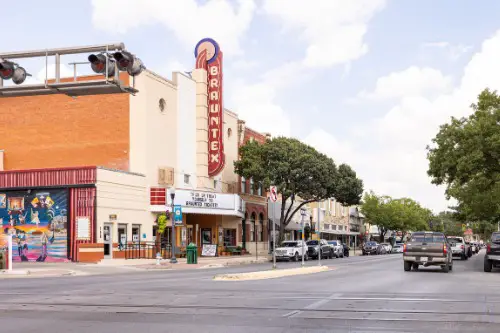
A lot of people try to make this sound more Spanish or German than it actually is. It’s pronounced “New BRAWN-fuls,” not “New Brown-fells” or “New Braun-FELLES.” The city has deep German roots, dating back to its founding in 1845 by German immigrants. But the Texas twang has simplified the pronunciation over the years.
If you say it like a literal translation of German, locals will know you’re new. Texans are fiercely proud of their towns and their way of saying them. It’s a great spot for tubing on the river and enjoying traditional German festivals. Just make sure you say it right before ordering a bratwurst.
9. Schuylkill, Pennsylvania
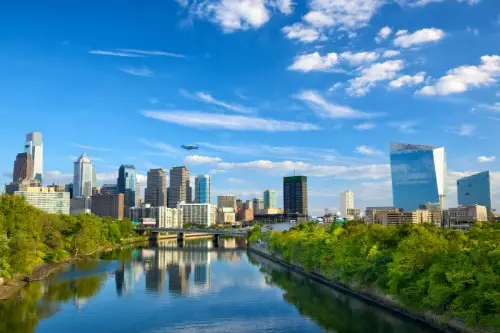
This one’s practically a tongue-twister, even for folks who live nearby. Schuylkill is pronounced “SKOO-kill,” which is miles away from what you’d guess by looking at it. The name comes from Dutch and means “hidden river,” which fits, because the correct pronunciation definitely feels hidden. If you say “Sky-uhl-kill,” you’re not alone—but you’re also not right.
You’ll hear it a lot in and around Philadelphia, especially because of the Schuylkill River and Schuylkill County. Getting it wrong in conversation there is a dead giveaway you’re not from Pennsylvania. Even GPS voice assistants struggle with it. But once you master it, you’ll feel like an honorary local.
10. Cairo, Illinois
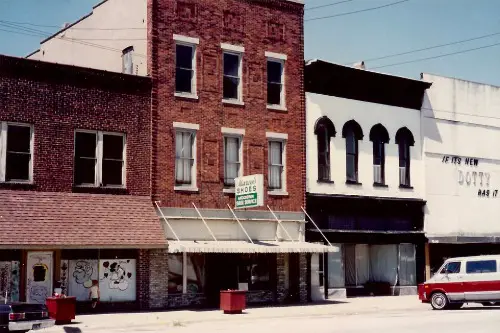
Nope, it’s not “KYE-ro” like the city in Egypt—this Midwestern town is pronounced “KAY-ro.” That subtle shift confuses nearly everyone who’s not from southern Illinois. The name may be the same on paper, but locals insist it’s their own version. It’s not about geography—it’s about tradition.
Many towns across the U.S. share names with international cities, but they often pronounce them differently. Cairo, IL, is a great example of local flair taking priority over global consistency. Mispronounce it, and a native might chuckle and correct you with some Midwestern charm. Get it right, and you’ll avoid the newbie label.
11. Buena Vista, Virginia
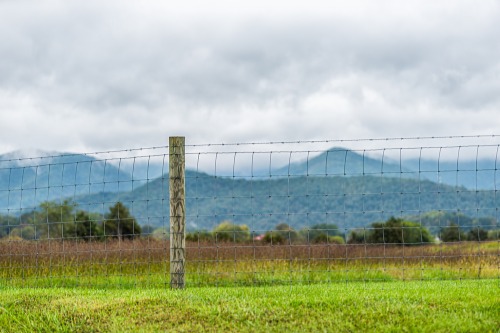
Here’s a real head-scratcher: it’s not “BWAY-nuh VEE-sta,” like the Spanish phrase—it’s “BYOO-nuh VISS-tuh.” That anglicized version has been the accepted pronunciation for generations in this small Virginia town. Even though it’s clearly derived from Spanish, local pronunciation rules won out. Trying to correct them is a losing battle.
It’s a quirky example of how American towns reshape language to fit regional accents. Say it like the Spanish and you’ll stand out immediately. Say it the local way, and you’re in the club. This one’s especially fun because it sounds so wrong, but it’s oh-so-right—at least there.
12. Terre Haute, Indiana
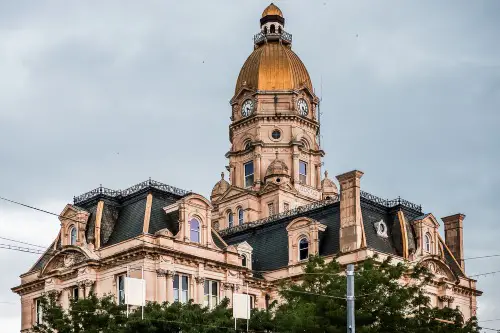
Don’t let the French spelling fool you—it’s pronounced “Terra HOAT,” not “Terra HAWT” or anything too fancy. The name comes from the French for “high ground,” but like many French-origin names in the U.S., the pronunciation got simplified. Locals are used to the confusion, but they’ll still raise an eyebrow if you get too fancy with it. Just keep it Midwestern-simple.
Terre Haute is home to Indiana State University and a strong Hoosier identity. It might look elegant, but it’s pronounced with good old American practicality. Mispronouncing it will definitely mark you as a non-native. Get it right, and you’ll blend in just fine.
13. Norfolk, Virginia
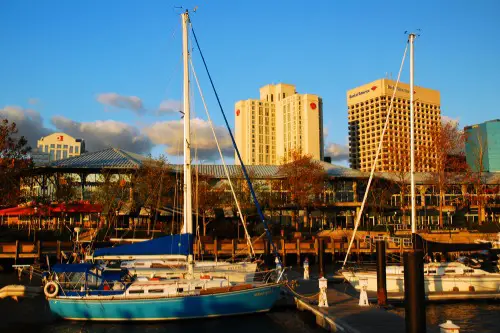
This one’s tricky because even locals have multiple versions, but the most accepted is “NOR-fuk.” If you try to pronounce the “folk” part clearly—like “NOR-folk”—you might get a few laughs. In fact, locals often run it together quickly, so it sounds even more like “Nawfuk” or “Norfik.” It’s all about how much you slur the ending.
This city is a naval hub and one of the most mispronounced places on the East Coast. There are even jokes about how saying it wrong can get you in trouble. Despite the variations, saying “Nor-fuk” will usually pass the test. Just don’t overthink it—Virginia folks tend to let it roll off the tongue.
14. Mackinac Island, Michigan
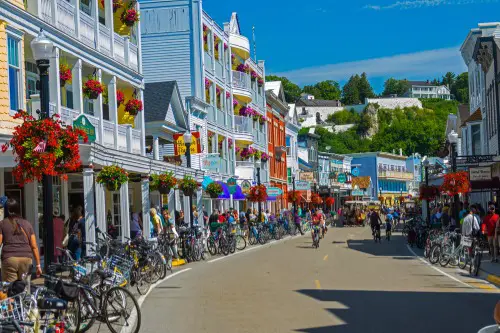
Here’s a Midwest classic: it’s “MACK-in-aw,” not “MACK-in-ack.” The “c” is completely silent, and that’s not up for debate. The name comes from the Ojibwe word “Michilimackinac,” and over time, the French influence altered the spelling. But the pronunciation stayed put.
Mackinac Island is a beloved tourist destination, known for its fudge and horse-drawn carriages. So saying it wrong while you’re visiting will definitely get you a look—or a correction. The silent “c” surprises almost everyone at first. But once you learn it, it’s kind of fun to help others figure it out, too.
15. Sequim, Washington
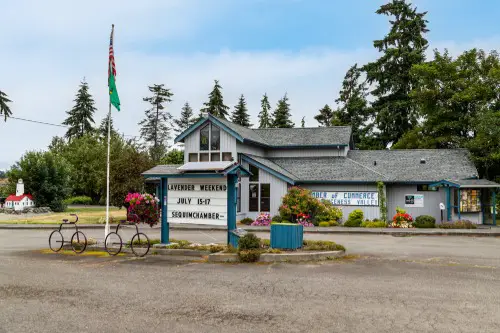
Last but definitely not least, Sequim looks like it should be “See-quim.” But the correct pronunciation is “Squim”—yep, just one syllable. It comes from a Native American language of the S’Klallam tribe, and the name has been around for centuries. Despite the unusual spelling, it’s one of those names that locals say with total confidence.
This small town on the Olympic Peninsula gets a lot of confused tourists. Even seasoned travelers do a double take when they see the sign. Say it wrong, and someone will probably correct you with a smile. Say it right, and you’ll sound like you belong there.


